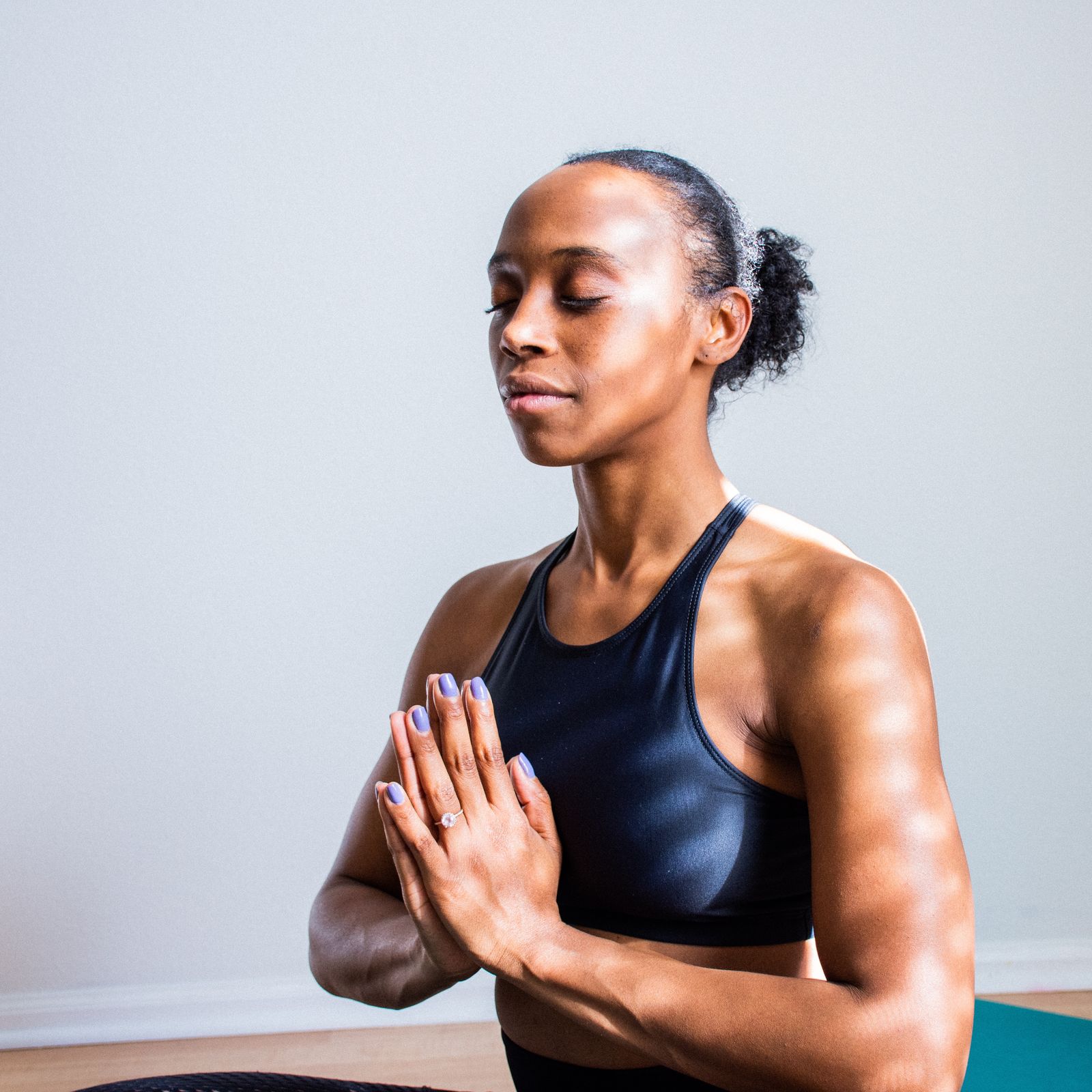This article discusses the signs of panic attacks and provides helpful tips for combating them. It highlights the importance of recognizing triggers, practicing relaxation techniques, seeking support from loved ones or professionals, and incorporating lifestyle changes such as exercise and healthy eating to reduce the frequency and severity of panic attacks.

Panic attacks can be a scary and overwhelming experience. They can happen unexpectedly and leave you feeling helpless. The good news is that there are ways to combat panic attacks and regain control. In this article, we’ll discuss the signs of panic attacks and some strategies to help you manage them.
Panic attacks often come on suddenly and without warning. Here are some common signs that you may be experiencing a panic attack:
- Sweating or trembling
- Shortness of breath or feeling like you can’t catch your breath
- Racing heartbeat or palpitations
- Chest pain or discomfort
- Nausea or stomach discomfort
- Dizziness or lightheadedness
- Feelings of unreality or detachment from oneself
- Fear of losing control or going crazy
- Fear of dying
If you are experiencing any of these symptoms, it’s important to remember that panic attacks are treatable and that there are strategies you can use to manage them.
How to Combat Panic Attacks
- Practice Deep Breathing: One of the best ways to combat panic attacks is to practice deep breathing exercises. Breathe in slowly through your nose for 4-5 seconds, hold your breath for 2-3 seconds, and then exhale slowly through your mouth for 6-7 seconds. Repeat this exercise several times until you feel more relaxed.
- Use Relaxation Techniques: Other relaxation techniques such as progressive muscle relaxation or visualization exercises can help reduce anxiety and panic. You can find guided meditations online or use apps that specialize in relaxation techniques.
- Challenge Negative Thoughts: Panic attacks can be fueled by negative thoughts and catastrophic thinking. Challenge those thoughts by asking yourself if they are based in reality or if they are just your mind playing tricks on you. Try to replace those negative thoughts with more positive and realistic ones.
- Seek Professional Help: If your panic attacks are interfering with your daily life, consider seeking professional help. Cognitive-behavioral therapy (CBT) is a type of therapy that has been shown to be effective in treating panic disorder. Medications such as selective serotonin reuptake inhibitors (SSRIs) or benzodiazepines may also be prescribed by a healthcare provider.
- Practice Self-Care: Taking care of yourself is important in managing panic attacks. Exercise regularly, get enough sleep, eat a balanced diet, and avoid drugs and alcohol. It’s also important to practice self-compassion and remind yourself that you are doing your best.
Panic attacks can be scary, but they are treatable. By practicing deep breathing, using relaxation techniques, challenging negative thoughts, seeking professional help, and practicing self-care, you can combat panic attacks and regain control. Remember, you are not alone, and there is help available.




